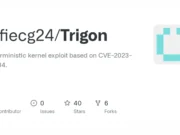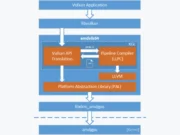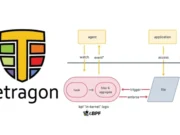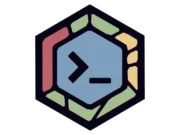Table of Contents
- Introduction
- Objective
- Features
- Installation
- How to Play
- Game Mechanics
- Mission Contents
- Contribution
- License
- Credits
Introduction
“Try Harder” is a cybersecurity retro game created by Milosilo. It offers an immersive experience and a retro aesthetic while simulating 100 actual scenarios to aid in your exam preparation for the Offensive Security Certified Professional (OSCP). Gain a point by correctly executing real commands and moving on to the next host.
Objective
The main objective is to offer aspiring cybersecurity professionals and enthusiasts a thorough training environment. The game is specially designed for those studying for the OSCP exam, as it covers a variety of tactics, techniques, and procedures (TTPs) that will be tested.
Features
- Immersive Storyline: A compelling narrative that simulates real-life penetration testing scenarios.
- Real-Life Commands: Use actual pen-testing commands to solve puzzles and complete missions.
- Safety First: A secure, simulated lab environment to practice without risks.
- Progress Tracking: Your progress is saved, so you can continue from where you left off.
- Retro Theme: The game features a classic retro look, reminiscent of vintage computer games.
Installation
git clone https://github.com/milosilo/TryHarder.git
cd TryHarder
python3 game.py
How to Play
- Main Menu
- Start Game: Starts or resumes your game.
- Reset Game: It resets all your progress and starts anew.
- Gameplay
- Follow on-screen prompts and instructions.
- Use real-life commands to interact with the environment and solve challenges.
Game Mechanics
- Hosts: 100 different hosts, each representing a unique challenge.
- Points: Points are awarded for successful activities and are displayed in cyan.
- Commands: Real-life pen-testing commands are required for interaction.
Mission Contents
The game consists of 100 different hosts, each teaching a unique aspect of penetration testing. The missions cover a wide array of OSCP exam topics, including but not limited to:
- Information Gathering
- Exploitation
- Post-Exploitation
- Privilege Escalation
- Client-Side Attacks
- Web Application Attacks



























